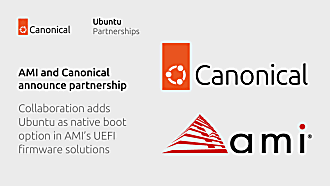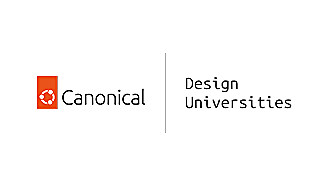Canonical
on 9 December 2013
Cost and influence on product development are widely accepted and essential considerations when bringing innovative technological products to market. Today community is a new and equally important factor. Conventional wisdom is that open source delivers the best results in all cases, so why isn’t true openness playing a bigger role in the mobile industry?
In theory, open source should mean a significant reduction in cost. Yet, experience tells mobile OEMs and carriers that ‘open’ platforms can be costly and complex. While they are free to make modifications to open source platforms to ensure their content and services are integrated, this has merely led to fragmentation and costly version management. To illustrate, the four brands in the top seller list in 2013 all rely on the same mobile OS platform and in just one year they ran six different versions of that mobile OS. For those brands, managing their own customised add-ons with this level and variety of fragmentation, support requirements and upgrades is extremely costly both in terms of time and money. It’s not a pretty story for consumers either; changing from one device brand to another or upgrading can lead to an unpleasant and broken experience.
Partnerships have been the making of much of the mobile industry to date. OEMs and carriers rely on each other as well as software providers to bring a device to market. But all is not equal and because of desired control and closed development, often OEMs and carriers have limited influence on innovation. Working behind doors and building up code improvements for the big ‘unveiling’ at launch might help garner media attention, but it will stifle the OEM partner innovation.
Short term, customised add-ons such as support for the latest wireless screen technology, provide a competitive advantage in a crowded market place. Allowing OEMs to efficiently innovate with their project heavily depends not only on providing an infrastructure to do so, but also sharing the code through its lifecycle. Long term, these add-ons become commoditised but are still required for the OEM’s or carrier’s offering. The impact to the OEM’s bottom-line directly depends on the operating system vendor’s willingness to incorporate the best technology back into the platform so the cost and benefits can be shared by its adopters. A truly open software stack will enable the collaboration and influence needed by vendors to modify the operating system to fit their needs.
The mobile industry has been one of the fastest innovators in the last 10 years, and innovation continues to be an essential competitive differentiator and driver for the market. Yet, the traditional product launch cycles of closed, proprietary companies mean consumers usually have to wait months before getting their hands on the latest technologies. Today, getting innovations out to market quicker and empowering both industry and consumers to contribute to the development process is an important consideration for players in the mobile and tech spaces. The increasingly important role and influential power of social media, communities and opportunities in crowd and community engagement, will also have a profound impact on the path to product innovation and availability.
At its very core, open source is set up to encourage contribution and innovation. Industry, OEMs, carriers, consumers, developers, communities and organisations can become involved in the planning, development and delivery of new technologies and get them to market quicker. This cycle drives faster and greater innovation. Just imagine the possibilities.
Ubuntu. Diverse. Disruptive. Technology for humans.
Mark Shuttleworth, the founder of Ubuntu and Canonical, will be talking at Le Web 2013 in Paris,10th to 12th December. We’ll be demonstrating Ubuntu on smartphones in the “Eiffel Building”, Eurosites Les Docks, 50 Avenue du President Wilson, 93200 La Plaine Saint Denis, France. Come and see us.



